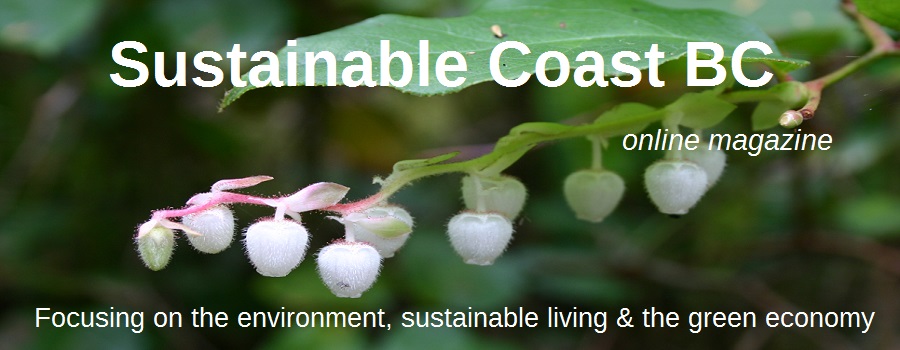News
From May 21st to 23rd, the BC government and the oil and gas industry are converging on Vancouver to hold a large Liquefied Natural Gas (LNG) summit. In response, the Council of Canadians and the Wilderness Committee are hosting a night of powerful speakers from the frontlines of community resistance to fracking, pipelines and LNG, who will expose the true impacts of extracting and exporting Liquefied Fracked Gas (LFG).
The counter-summit, LNG Pipedreams: Fractured Futures and Community Resistance, takes place tonight at 7:00 p.m. at Simon Fraser University (SFU) Harbour Centre, Room 1900. Speakers include Chief Liz Logan of the Treaty 8 Tribal Association, as well as representatives from the Skeena Watershed Conservation Coalition, Common Sense Canadian, My Sea to Sky, Skwomesh Action and the former CAW director for Unifor.
There are upwards of six northern and six southern corridor pipelines proposed to cross northwest British Columbia, connecting the fracked gas fields of the northeast to the proposed LNG terminals and tankers on the coast.
"Gas extraction for LNG has the potential for massive cumulative impacts on a landscape that is already heavily impacted," says Tribal Chief Liz Logan of the Treaty 8 Tribal Association, whose territory would feed LNG with fracked gas. "There are too many unanswered questions related to the impacts of the LNG projects in our territory, and a Regional Strategic Environmental Assessment (RSEA) must be done before any more development takes place. An RSEA is a pathway to answering some of those questions,” she said.
“The BC government and LNG industry are putting our economy, environment and our communities at risk and they are doing so with reckless haste," says Shannon McPhail, Executive Director of the Skeena Watershed Conservation Coalition from Hazelton, BC.
Lelu Island and Ridley Island near Prince Rupert are both being considered as locations for LNG terminals. These islands are adjacent to the most important critical juvenile salmon habitat in the entire Skeena watershed.
Further south, the Woodfibre LNG project proposed for Howe Sound and Squamish is facing increasing local concern.
"At a local level, we’re looking at potential air pollution, light and noise pollution, and impacts to marine species due to underwater noise pollution. The community is very concerned about the safety of this proposed LNG facility, and the possibility of explosions and spills," states Tracey Saxby, one of the founders of My Sea to Sky, a Squamish community group started in response to widespread concern about the proposed Woodfibre LNG project. "Looking at the bigger picture, this project does not make sense from a climate change standpoint, and the upstream impact of fracking in northern BC is something all Canadians should be worried about," Saxby says.
"Workers – and lots of them – need jobs. But we need jobs that will produce an environment our children and grandchildren will thank us for,” says Susan Spratt, former CAW area director for Unifor. "The answer is clear. Green jobs not LNG or Pipelines."
